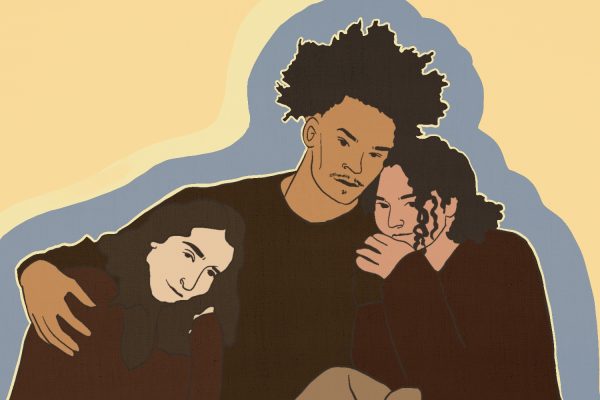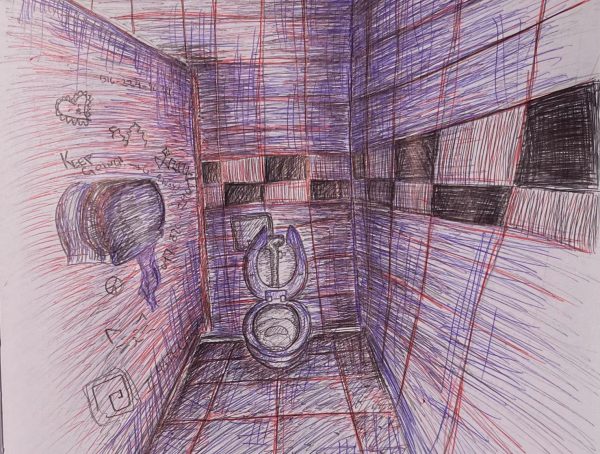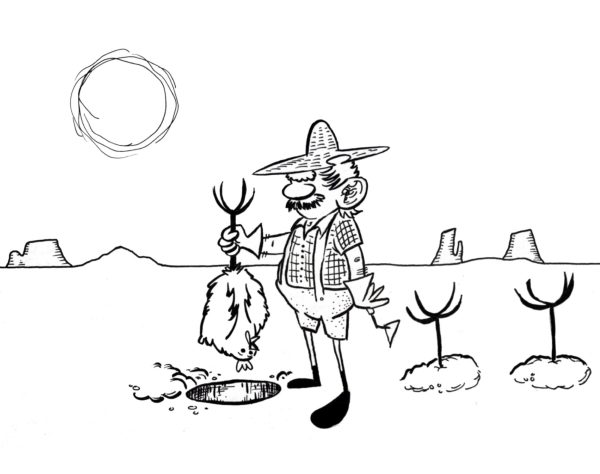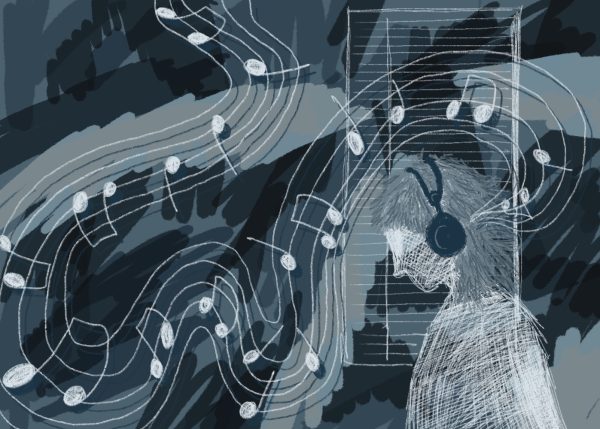Beyonce serves lemonade
When life gives you lemons, you make lemonade.
Or, if you’re Beyonce, you drop an unapologetic, guaranteed-classic album about all of the ways you’ve been wronged.
The visual album “Lemonade” is an hour-long visual album set to 12 tracks of genres ranging from trap to gospel, released April 23. In the album, Beyonce presents a narrative about infidelity and, more broadly, about the experience of black women in America.

The album is an eclectic collaboration featuring artists like Kendrick Lamar, The Weeknd, Jack White, Vampire Weekend, and the poetry of Somali-British poet Warsan Shire. Each artist brings a new dimension to the overall experience.
At face value, “Lemonade” is a scorned woman’s diss album about her husband – but that doesn’t even scratch the surface.
Beyonce devotes numerous emotionally-charged tracks to address rumors of Jay-Z’s extramarital affairs. However, she does not let his indiscretions overshadow her artistry.
This is not an album about Jay-Z; this is an album about the cyclical nature of rebirth.
The album serves not only as a “final warning” to Jay-Z, but also as a reminder to viewers that “the most disrespected person in America is the black woman,” as quoted from Malcolm X in the video.
“Lemonade” is an album by a woman of color for women of color, and the rest of us are just bystanders to this phenomenon.
An immediate standout track is “Daddy Lessons,” in which Beyonce reclaims country music by bringing it back to its roots. Here, set to the sound of steel-string guitars and clapping, Beyonce ties her experience with Jay-Z to her father’s own infidelity.
“Daddy Lessons” somehow fits perfectly after “6 Inch,” a hauntingly dark and sexy collaboration with The Weeknd that could easily be her next radio hit.
Despite criticisms that Beyonce’s performance of “Formation” at the 2016 Super Bowl was “too political,” she does not shy away from using “Lemonade” as a platform for social discourse.
Beyonce embraces vulnerability, bluring the lines between political and personal in tracks like “Freedom” and “Forward,” which feature the mothers of Trayvon Martin, Michael Brown and Eric Garner holding photos of their deceased sons.
As always with Beyonce, where there is vulnerability there is also strength.











